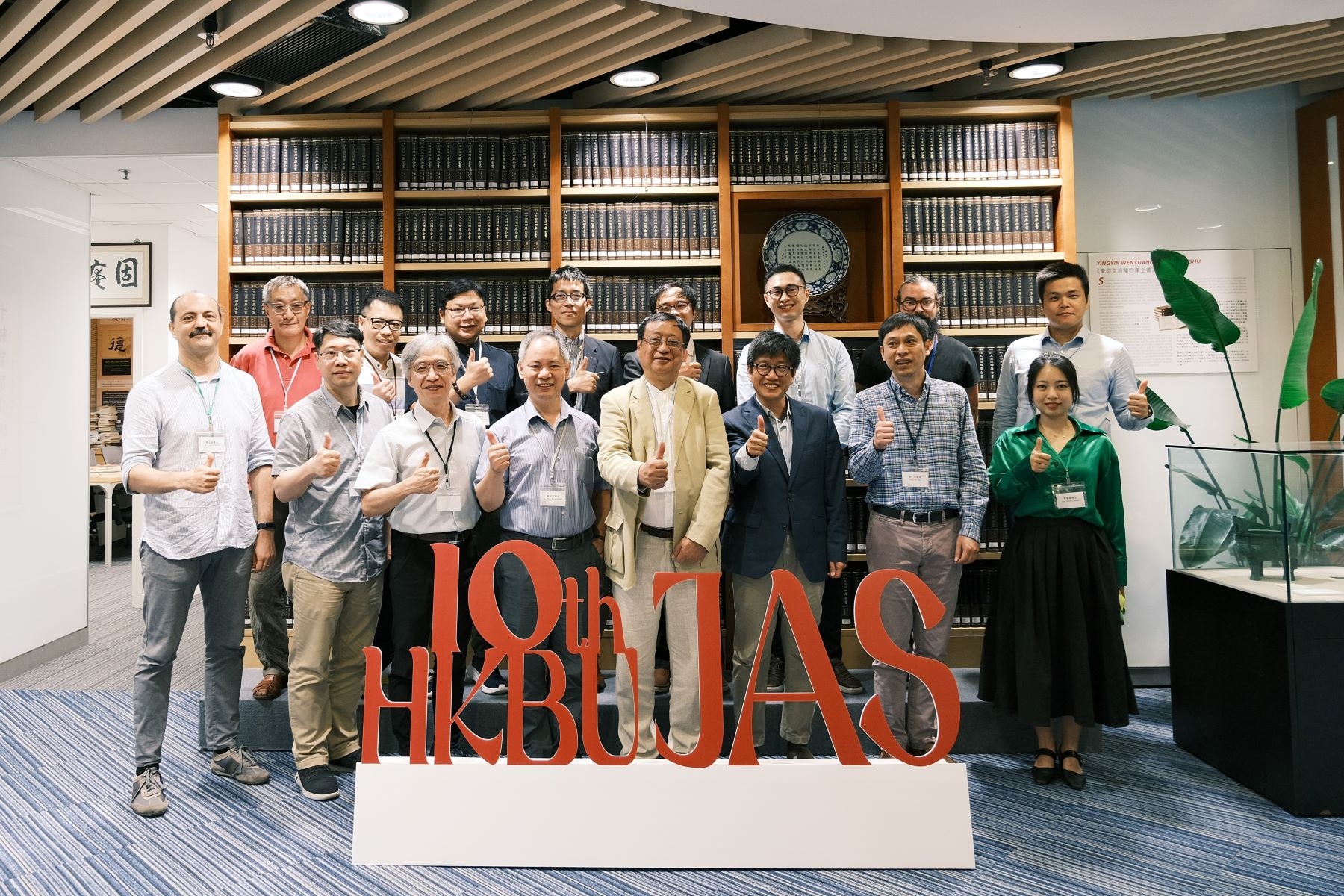
On 3–4 June 2023, the Jao Tsung-I Academy of Sinology convened a conference ‘Surplus Sorrow in Vehemency: Academic Conference on Thought and Belief in Medieval China’ and assembled by invitation in Hong Kong an array of scholars from China and overseas to take part. Through material that included excavated documents, iconography, and religious texts, discussion took place from perspectives of history, literature, philosophy, and religion that comprised, but was not limited to, the rites and ceremonial, deities and sacrifice, and mourning for the deceased and philosophical thought.
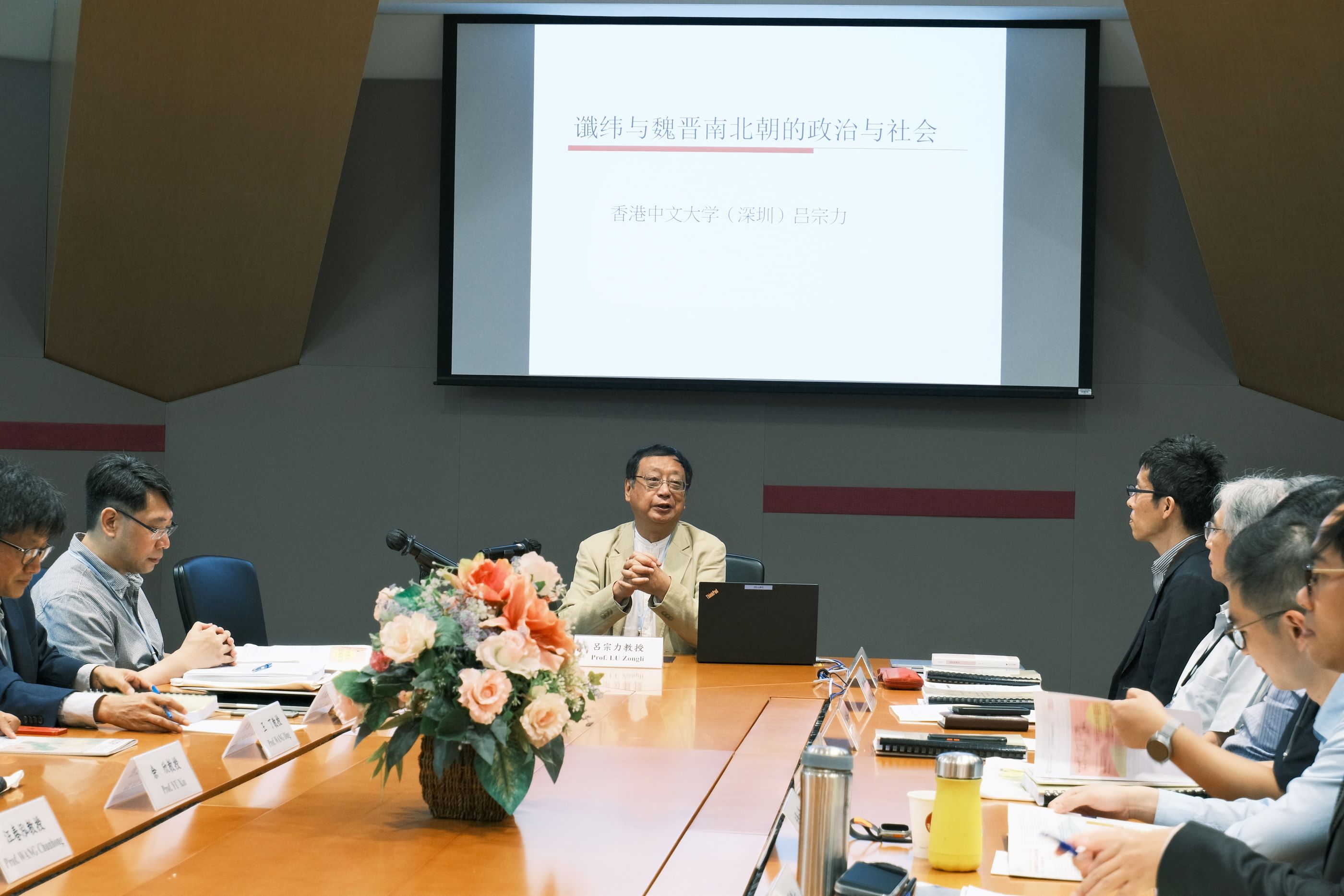
The conference began with the keynote lecture ‘Divination Texts in relation to Government and Society of the Wei, Jin, Southern, and Northern Dynasties’ delivered by Professor Lü Zongli, Principal of Ling College of the Chinese University of Hong Kong (Shenzhen campus). Following this, the first group of papers centred on religious belief in the Wei, Jin, Southern, and Northern Dynasties: Professor Nagata Takuji of Hannan University developed the topic of the keynote speaker with his presentation and initiated discussion on yao 謠 song texts of an epoch that spanned the Later Han dynasty, the Three Kingdoms, and the Western Jin dynasty; Dr Chen Shih-Jen of Fu Jen Catholic University re-fashioned this issue from the perspective of father-and-son Cui Hong and Cui Hao and ‘the theory of Tuoba clan ancestry of the Yellow Emperor’; and Dr Tsai Tsung-Hsien of National Chung Hsing University carried out analysis of the intellectual direction of monks of the Jiangnan region on the cusp of the Chen and Sui Dynasties.
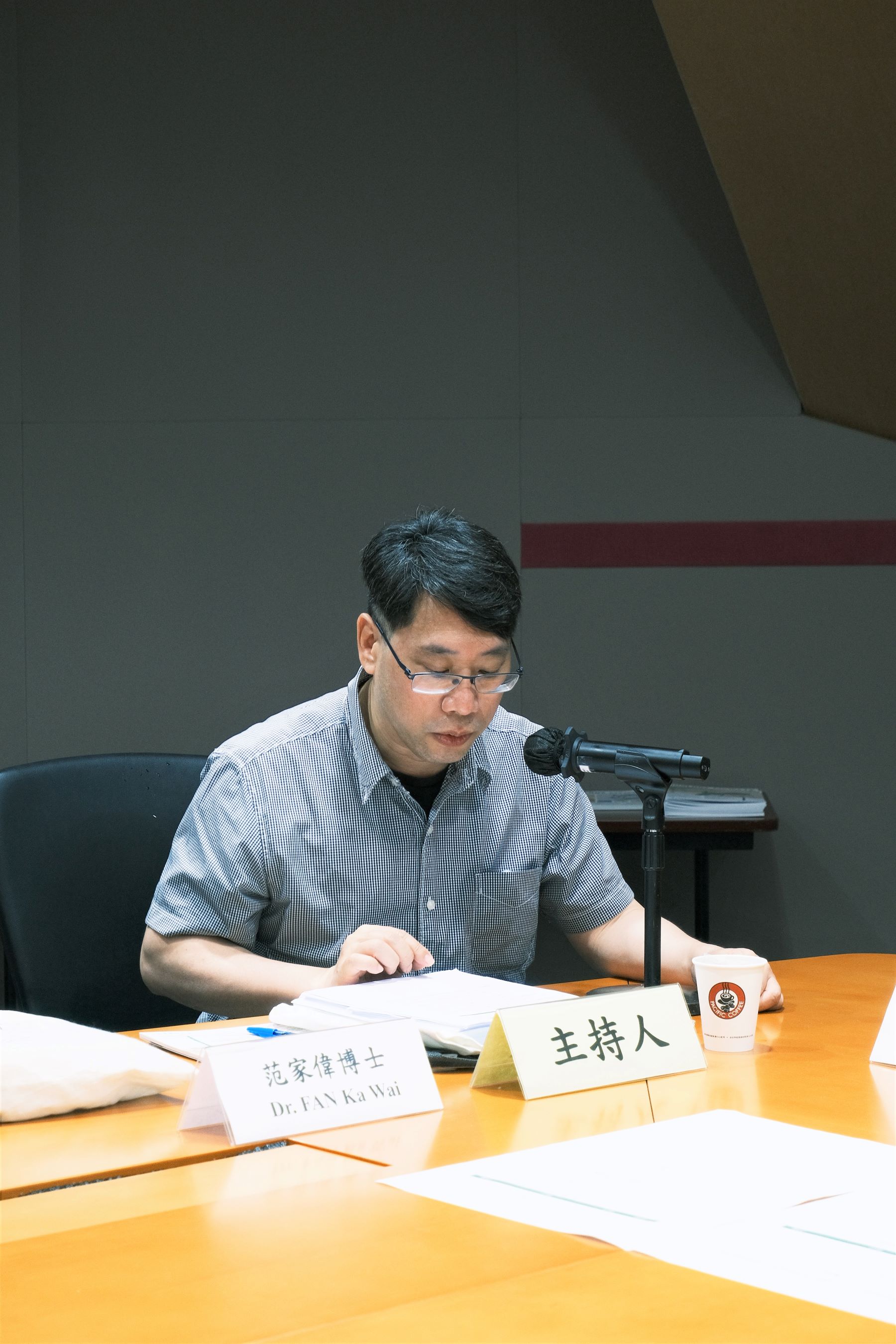
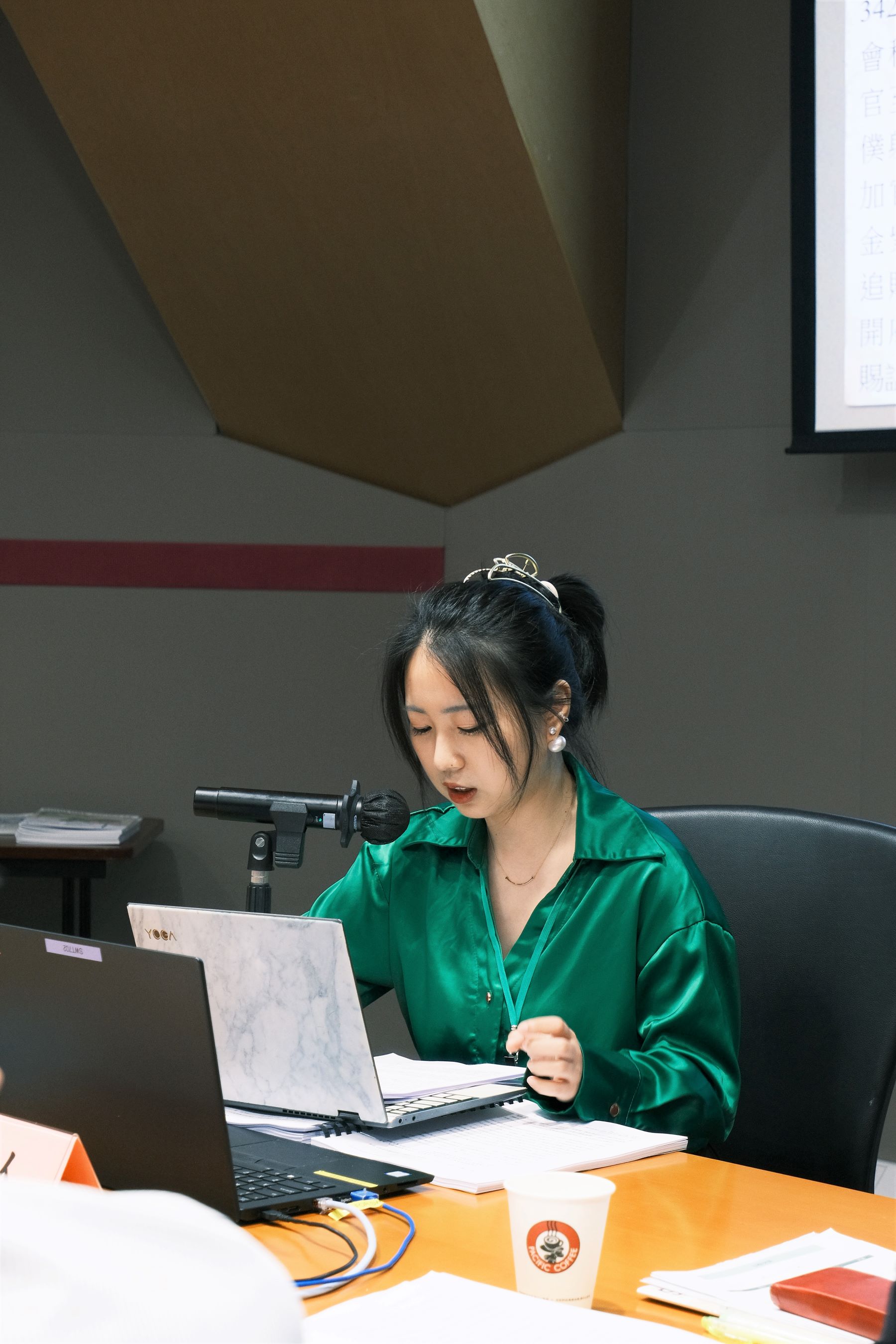
The second group of papers concentrated mainly on sacrificial ceremonial and belief in Medieval China: Dr Ho Wei-Kang of National Taiwan Normal University explored the cultural interaction and local significance of sacrificial ceremonies at Kuaiji during the Southern dynasties that propitiated Yu of the Xia dynasty; Dr Chang Huilin focused on Kong Yu and his family’s religious beliefs during the Jin and Song dynasties; Dr Richard Joachim discussed the Song dynasty Daoist emperor Huizong and the commentaries made by him on canonic texts; Dr Hu Xiaobai of Nanjing University focused on the Taiping Xingguo Chan Buddhist Temple and the evolution of Buddhist spatial arrangement at Zhongshan during the Song and Yuan dynasties; and Dr Lam Ho-Yin of the Chinese University of Hong Kong discussed the formulation of the legend of Hau Wong (Yeung Hau Tai Wong 楊侯大王) on its transmission from Wenzhou to Hong Kong.
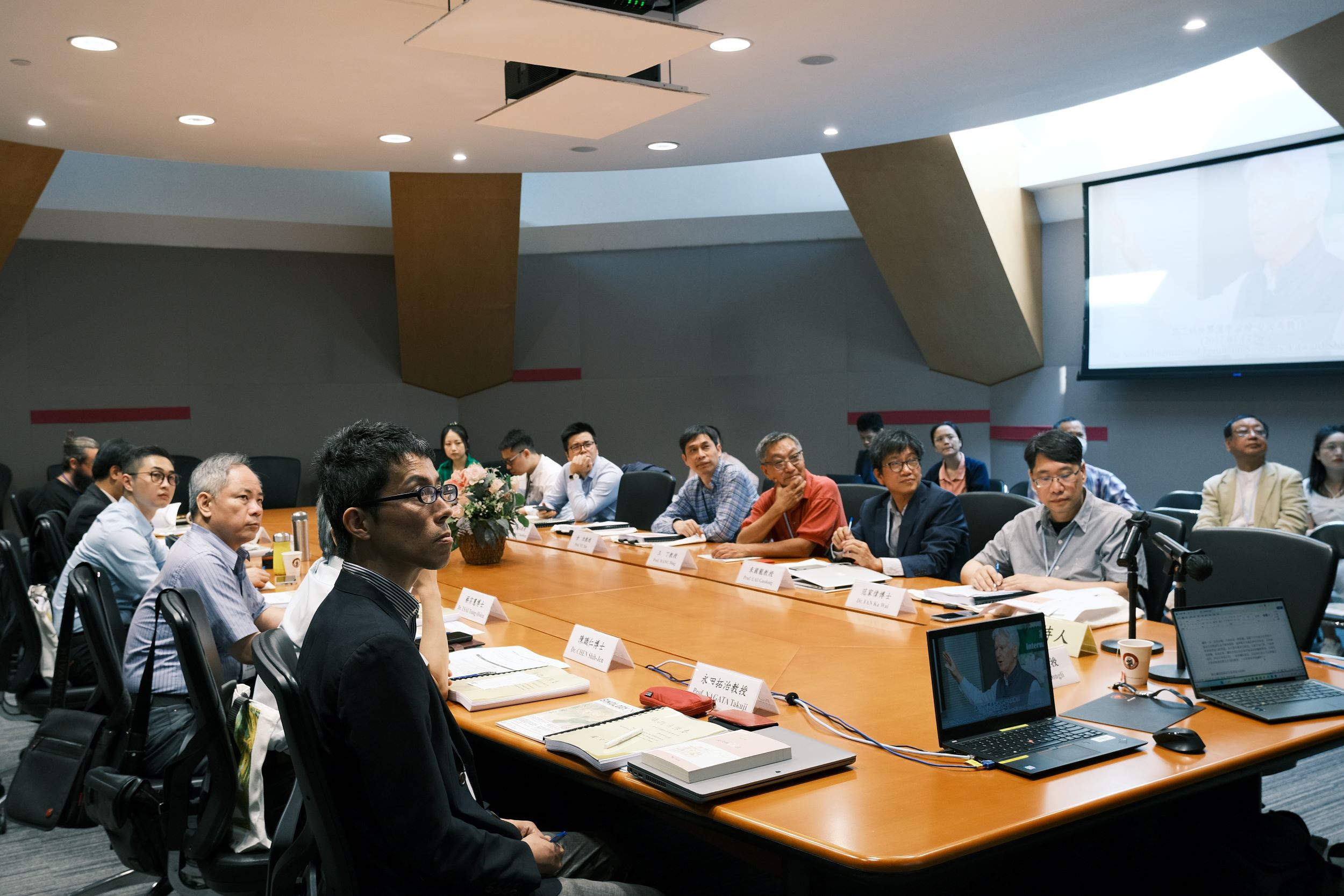
The third group of papers had literature and documents as their theme: Dr Andrey Fech discussed the exegetical significance of the excavated text Wenzi (Of literature) on the Laozi; Professor Tse Heung Wing of the Hong Kong Nang Yan College of Higher Education concentrated on citation of Zhouyi (The Zhou dynasty Book of Changes) in Shishuo xinyu (A new account of tales of the world); Wang Chunhong of Lingnan University made fresh exposition of the ‘Lanting ji xu’ (Preface to the Orchid Compilation) from the perspective of the tide of the times; and Dr Ling Chao of the City University of Hong Kong opened up discussion on study of Yu Xin’s poetic eulogies.
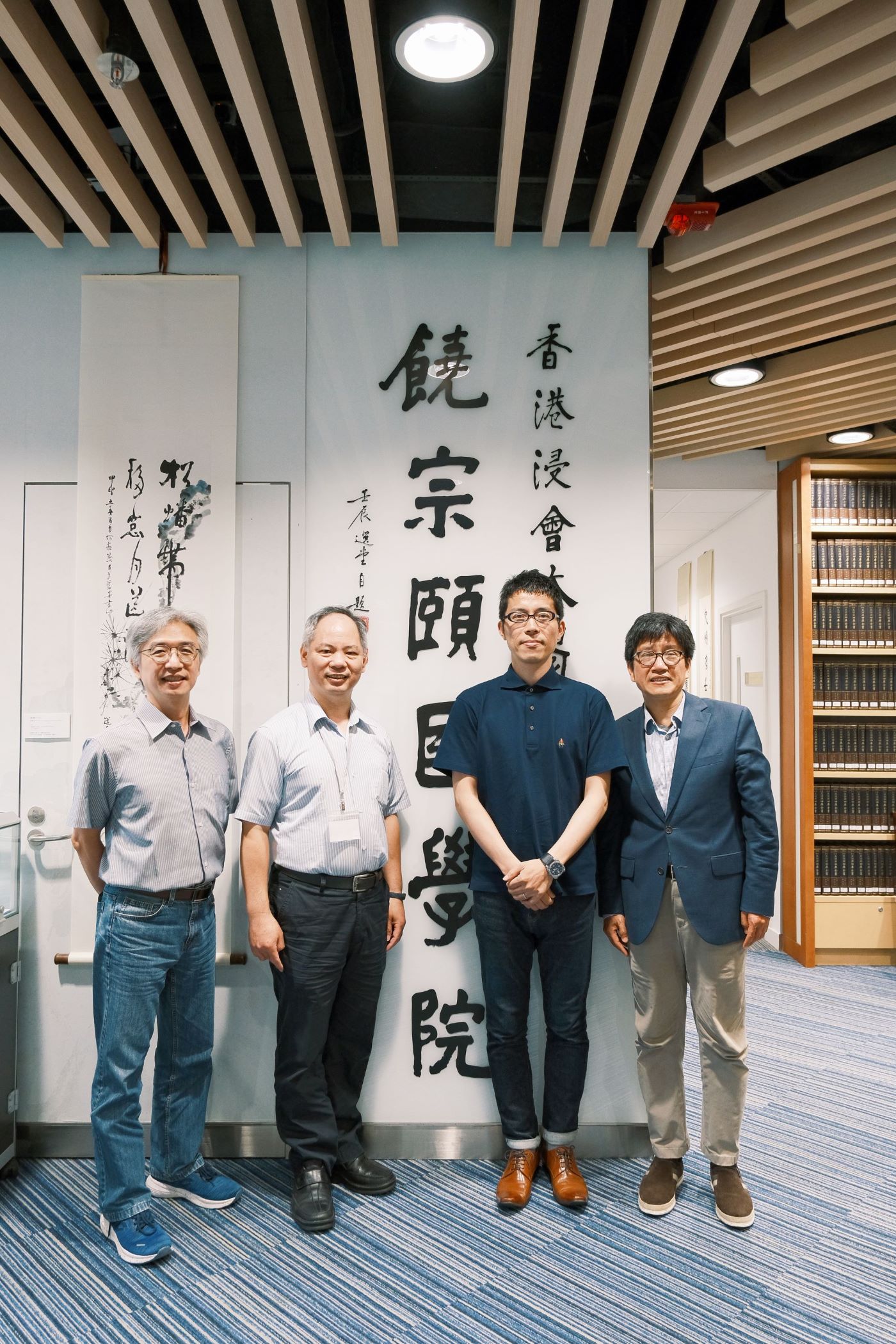
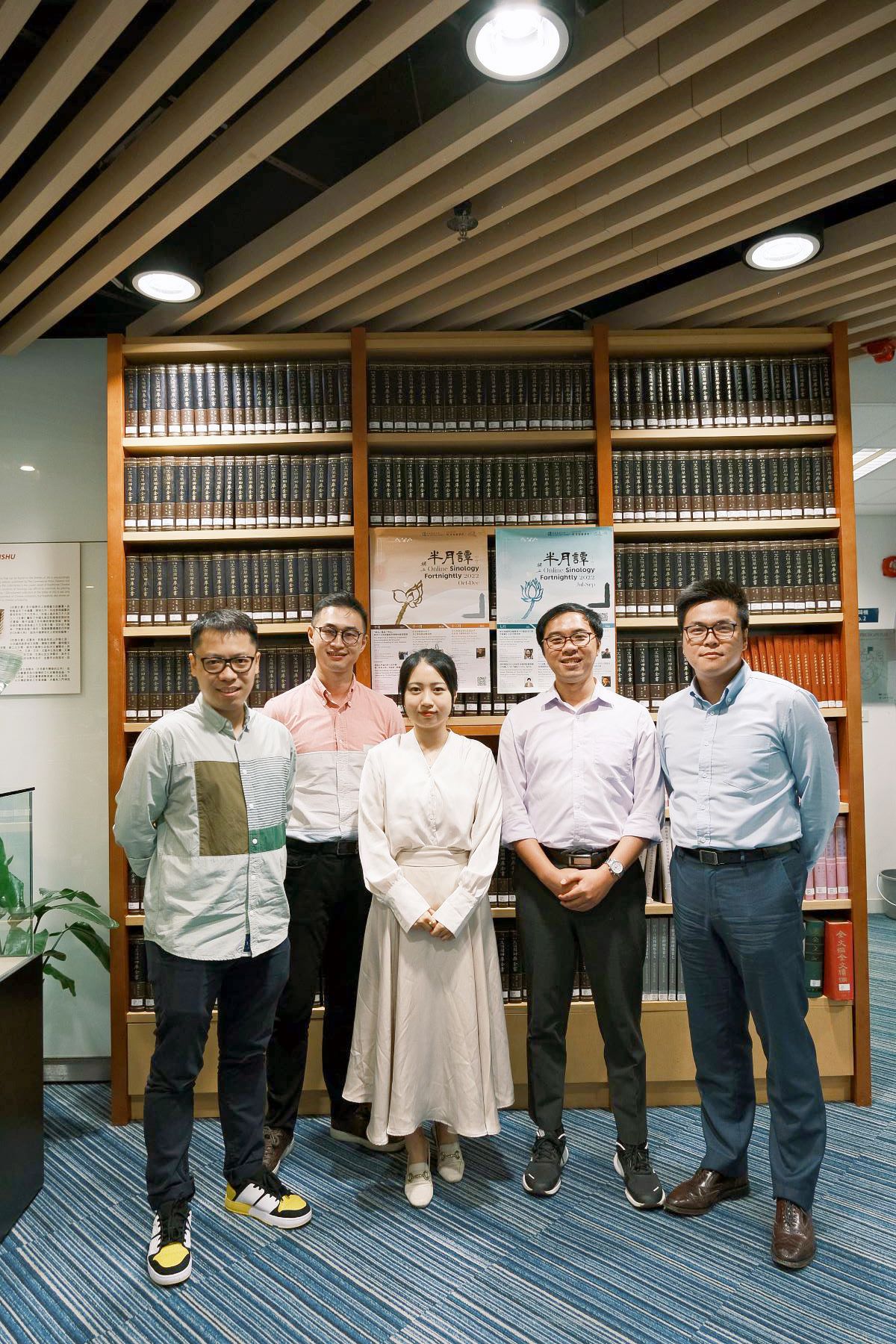
The fourth group of papers concentrated on Medieval burial practice: Professor Wang Ding of Beijing Foreign Studies University introduced his editorial investigation into the compilation of nomenclature related to ancient Hu people's blessings and prayers; Professor Yu Xin of Zhejiang University discussed the religious landscape and emotional world of Medieval stone pillars (jingchuang 經幢); and Professor Lai Guolong of Westlake University shared his research into the wellspring of tomb guardian beasts.
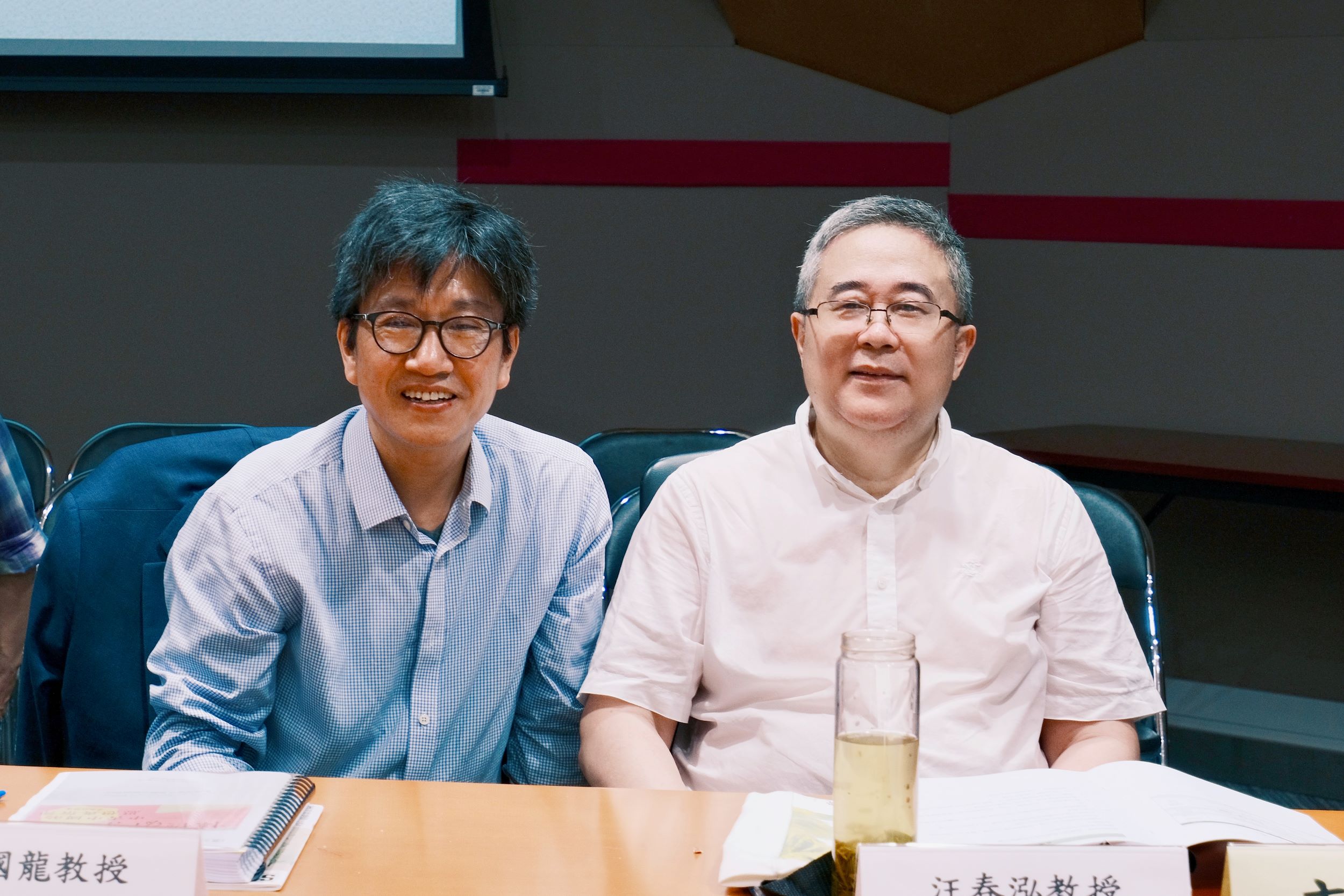
Owing to the gripping exposition of the various presenters and the enthusiastic and expert discussion that took place, those present felt sympathetic resonance with the lifeblood of Medieval China and were able to seek out and find common values between history and the present.